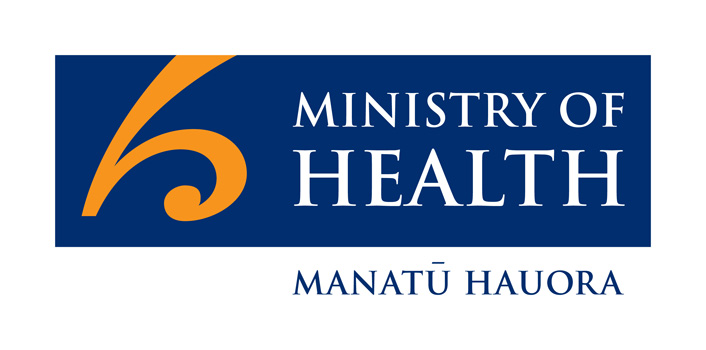
November 30, 2021 | Covid-19
The AstraZeneca COVID-19 vaccine is available for those aged 18 and older who cannot receive the Pfizer vaccine, and for people who would like a different option.
Pfizer remains the preferred COVID-19 vaccine for use in New Zealand, reflecting its excellent safety and effectiveness profile. Both the Pfizer and AstraZeneca vaccines will protect you against the symptoms of COVID-19. Both vaccines are free.
You’ll need two doses of the AstraZeneca vaccine. The second can be given from 4 to 12 weeks after the first. To ensure you have the best protection, make sure you get both doses of the vaccine.
The AstraZeneca vaccine has been thoroughly assessed for safety by our own Medsafe experts. Medsafe only grants consent for using a vaccine in Aotearoa once they’re satisfied the international evidence shows benefits outweighs the risks. There have been no shortcuts taken in granting approval. The AstraZeneca vaccine has been used successfully by millions worldwide.
If you are 18 years and older, you can book an appointment to receive the AstraZeneca vaccine at BookMyVaccine.nz
If you select AstraZeneca, the site will show a list of vaccination centres where AstraZeneca can be given. Not all sites are equipped to deliver this vaccine.
If you’re unable to book online, you can call the COVID Vaccination Healthline on 0800 28 29 26 (8am to 8pm, 7 days a week). We’ll make the booking for you and answer any questions. Interpretation services are available if you need them.
The AstraZeneca COVID-19 vaccine is injected into a muscle (usually in the upper arm). The second injection can be given between 4 and 12 weeks after the first injection. If you get AstraZeneca for the first injection, then you should also get it (and not the Pfizer vaccine) for the second injection to complete vaccination course.
You will need to stay for at least 15 minutes so a health care worker can look out for you and make sure you are okay. Once the health care worker is confident that you’re fine and you are feeling okay, you can leave and carry on with your day.
Check with your health care provider if you are pregnant or breast-feeding, think you may be pregnant or are planning to have a baby. There are limited data on the use of COVID-19 Vaccine AstraZeneca in pregnant or breastfeeding people. Your health care provider will discuss with you whether you can be given the vaccine.
There is insufficient data on the use of AstraZeneca in pregnant women, so Pfizer remains the preferred choice of vaccine for this group. Pregnancy and the Pfizer vaccine
Like all medicines, you might experience some mild side effects 1–2 days after getting your vaccination.
Most side effects do not last long and will not stop you from having a second dose or going about your daily life. Some side effects may temporarily affect your ability to drive or use machinery.
The most common reported reactions are:
You cannot have AstraZeneca if:
You should let your vaccinator know if:
It is recommended that people with a history of any of the above conditions discuss their situation, and the benefits and risks of AstraZeneca vaccination with a health professional. Most people will be able to receive AstraZeneca safely, but for some Pfizer may be the best choice.
You should seek immediate medical attention if you develop symptoms in the days or weeks following your vaccination, such as:
Serious allergic reactions do happen but are extremely rare. They usually show soon after you’ve had your vaccine, which is why you need to wait at least 15 minutes. If you do have a serious allergic reaction, vaccinators are trained to manage these.
If you are unsure about your symptoms or if they get worse, call Healthline on 0800 358 5453. If you have an immediate concern about your safety, call 111, and make sure you tell them you’ve had a COVID-19 vaccination so that they can assess you properly.
If you experience symptoms that could be COVID-19 related, such as a new cough, a high temperature/fever or a loss or change in your normal sense of taste or smell, stay home and get a COVID-19 test.
If you are unsure about your symptoms or if they get worse, call Healthline on 0800 358 5453.
If you have an immediate concern about your safety, call 111, and make sure you tell them you’ve had a COVID-19 vaccination so that they can assess you properly.